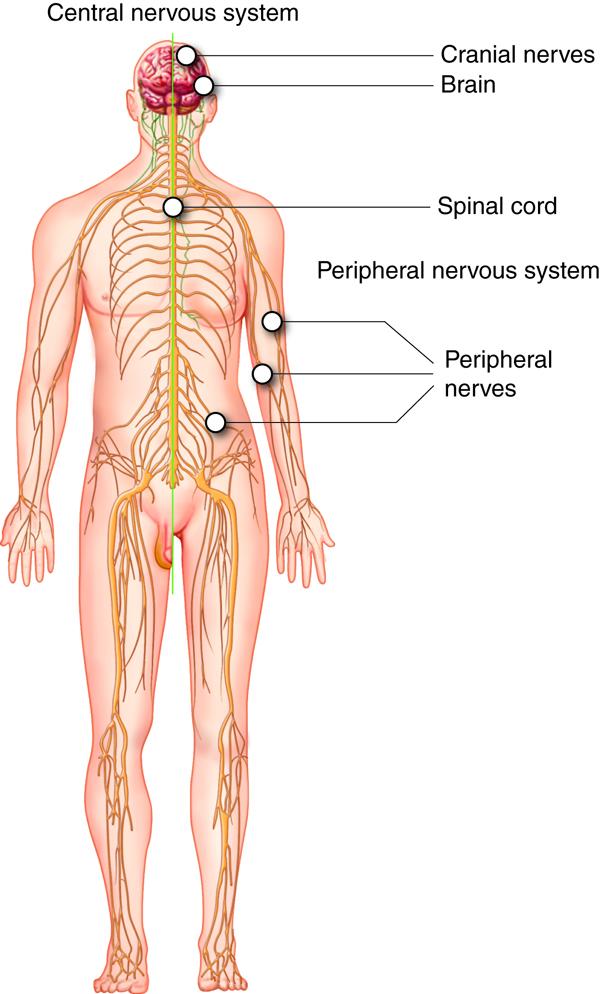
Recognizing the Signs of Low Blood Sugar: Understanding Hypoglycemia Symptoms
Hypoglycemia, or low blood sugar, is a common condition that affects millions of people worldwide. It occurs when the level of glucose in the blood drops below normal levels, which can lead to a variety of symptoms that can be both uncomfortable and dangerous if not addressed promptly. In this article, we will explore the signs of low blood sugar and how to recognize them in order to seek appropriate treatment.
Symptoms of Low Blood Sugar
Low blood sugar can manifest in a variety of symptoms, which can vary from person to person. However, there are some common signs to look out for if you suspect you may be experiencing hypoglycemia. Some of the most common symptoms of low blood sugar include:
– Shakiness or trembling
– Sweating
– Feeling weak or fatigued
– Dizziness or lightheadedness
– Confusion or difficulty concentrating
– Irritability or mood swings
– Hunger
– Nausea or vomiting
– Rapid heartbeat
– Headache
– Blurred vision
If left untreated, low blood sugar can progress to more severe symptoms, such as seizures, unconsciousness, or even coma. It is important to recognize the signs of hypoglycemia early on and take appropriate action to prevent these more serious complications.
Causes of Low Blood Sugar
There are many factors that can cause low blood sugar, but it is most commonly associated with diabetes. People with diabetes are at a higher risk of experiencing hypoglycemia because their bodies either do not produce enough insulin or are unable to effectively use the insulin they do produce. This can lead to fluctuations in blood sugar levels, which can result in episodes of low blood sugar.
In addition to diabetes, other factors that can cause low blood sugar include:
– Not eating enough food
– Skipping meals
– Exercising vigorously without eating beforehand
– Drinking alcohol on an empty stomach
– Taking certain medications, such as insulin or oral hypoglycemic agents
It is important to be aware of these potential causes of low blood sugar and take steps to prevent hypoglycemic episodes from occurring.
How to Recognize and Treat Low Blood Sugar
If you suspect that you may be experiencing low blood sugar, it is important to take action immediately to address the issue. The first step is to check your blood sugar level using a glucose monitor. If your blood sugar level is below 70 mg/dL, you should take steps to raise it back to a normal range.
One of the quickest ways to raise your blood sugar level is to consume a fast-acting carbohydrate, such as glucose tablets, fruit juice, or regular soda. It is important to follow up with a protein-rich snack to help stabilize your blood sugar levels.
If you are unable to consume food or drink, you may need to seek medical attention for treatment. In severe cases of hypoglycemia, an injection of glucagon may be necessary to raise blood sugar levels quickly.
Preventing Low Blood Sugar
While it is important to know how to recognize and treat low blood sugar, it is equally important to take steps to prevent hypoglycemic episodes from occurring in the first place. Some tips for preventing low blood sugar include:
– Eating regular meals and snacks throughout the day
– Monitoring your blood sugar levels regularly
– Adjusting your insulin or medication dosage as needed
– Exercising caution when drinking alcohol
– Carrying glucose tablets or snacks with you at all times in case of emergency
By taking these preventative measures, you can reduce your risk of experiencing low blood sugar and the associated symptoms.
In conclusion, hypoglycemia is a common condition that can affect people with diabetes as well as those without the disease. Recognizing the signs of low blood sugar is important in order to seek appropriate treatment and prevent more serious complications from occurring. By understanding the symptoms of hypoglycemia and knowing how to treat and prevent it, you can better manage your blood sugar levels and maintain your overall health and well-being.












